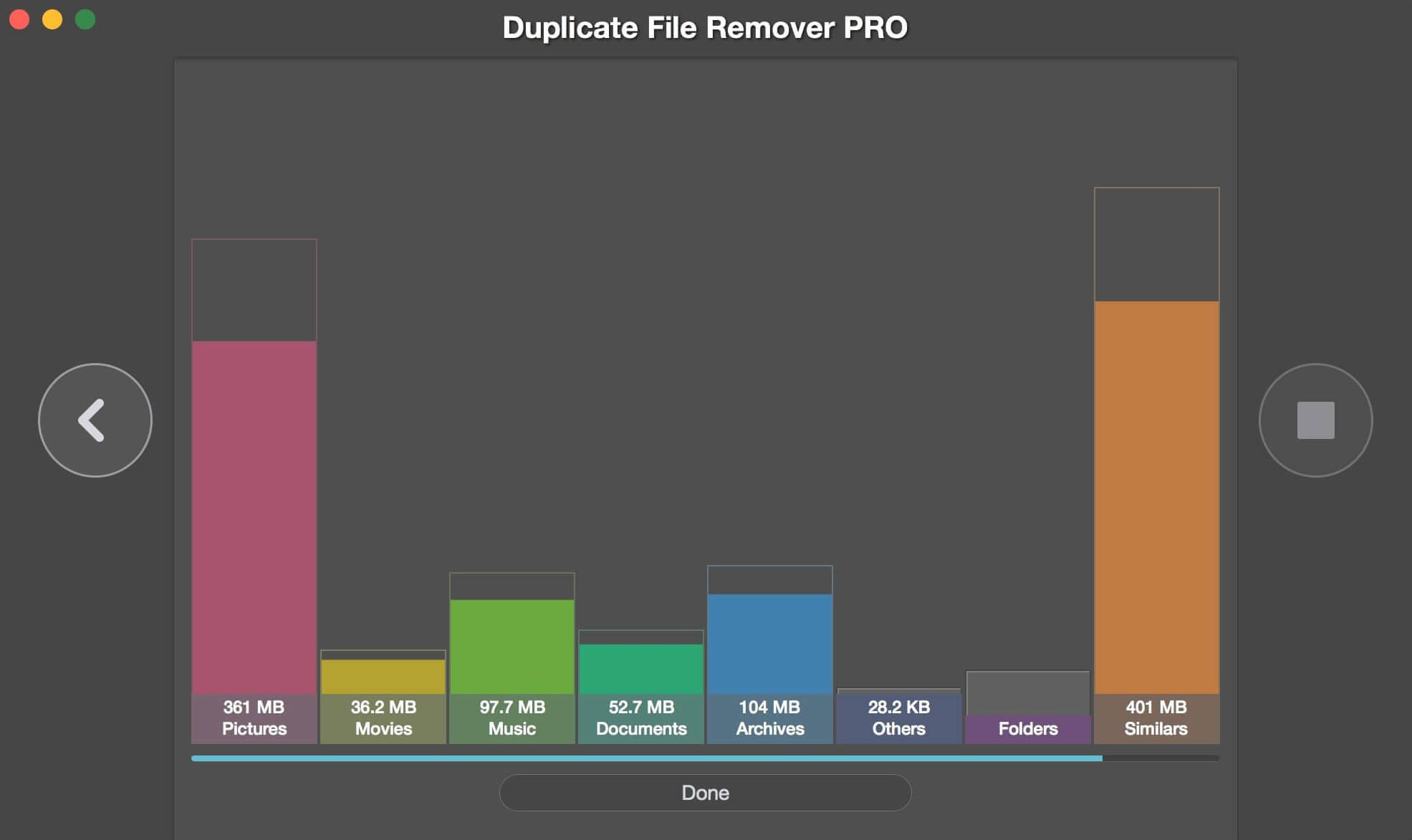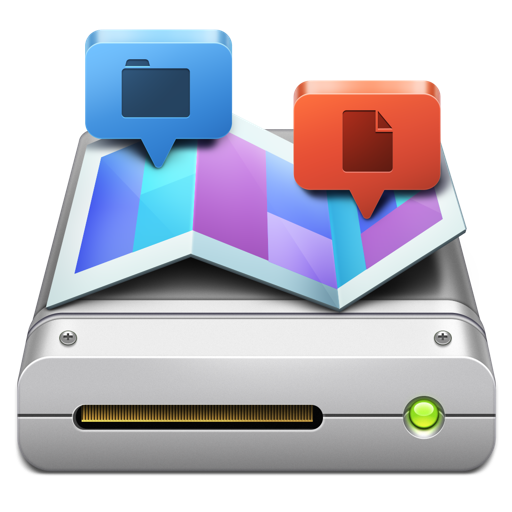DupeGuru is a free and open source tool to find duplicate files on your computer. With its retina-ready graphics, Duplicate Detective is a joy to navigate and is simple to use. The app can scan your hard drive, USB keys, network volumes and much more. Free up gigabytes of disk space by removing potentially thousands of duplicates that are cluttering up your Mac! View on App Store. Duplicate Detective 2 Ultra-fast & intelligent duplicate remover. Disk Aid System cleaning, optimization and protection for your Mac. Battery Health 3 Detailed battery stats for MacBooks, iPhones & iPads. CopyClip 2 Clipboard history management. Made for Gmail Our super useful Gmail client for macOS.
Duplicate Detective will only scan files that size or larger. Iv) The ability to ignore certain file extensions. We have listed some by default, you can choose to add/delete to this list according to your preferences. V) The ability to add certain folders listed by you that you do not wish Duplicate Detective to.
At a glance

Cons
Our Verdict
As much as we love feature-packed applications that perform countless tasks, there’s nothing wrong with an inexpensive utility that does the one thing we need without much fuss and bother. Such is Fiplab’s $5 (currently on sale for $3) Duplicate Detective (Mac App Store link). As its name implies, it exists to locate duplicate files on your Mac and then, if you wish, fling them into the Trash.
Duplicate Detective does its work in a simple way. Just launch the application, and then drag a folder or volume into the utility’s window. Duplicate Detective scans that folder or volume, and then lets you know how many duplicates it finds. What it’s specifically looking for are exact duplicates by comparing each file’s hash strings. If the strings match up, you have a duplicate; if they don’t—if one file is a PNG version of an image and the other a JPEG—the files are not included in the duplicate tally.

If you have a lot of files—say, hundreds of thousands, as could easily be the case with a large hard drive—this can take a very long time. If you’d like a faster result, scan a folder rather than an entire volume. (In a nice touch, when performing lengthy scans, the application displays humorous messages along the lines of “So, how’s your day going?” to let you know that it hasn’t locked up.)
When the job’s done, you’ll see the number of files scanned, the duplicate count, and the amount of storage space the superfluous files consume (thus giving you an idea of the amount of space you’ll save if you delete the duplicates).
Click Next, and you’ll see a list of duplicate groups on the left side of the window. (Each group contains all the duplicate versions of a particular file.) You can filter this list, using buttons at the top of the window, to display only folders, images, docs, audio files, archives (for example, .zip, .hqx, and .sit files), apps, or others. Select an item in the list and, to the right, a preview appears with the duplicates listed below—you can see the name of each, along each version’s path, size, and modification date. (Duplicate Detective uses Quick Look to show previews. This means that for supported file types—image, audio, video, and text files, for example—you see a preview of the file’s contents right in the Duplicate Detective window. For other types of files, you see a preview icon.)
Duplicate Detective Mac
Within the duplicate list you can choose to keep the newest or oldest version from within the selected group (based on modification date; if those are identical, the app uses the creation date). Alternatively, the Auto Select button automatically chooses either the newest or oldest version within each group. (You choose, in the app’s Preferences window, whether Auto Select saves the newest or oldest version.)
With your choices made, click Next. A list of all the selected-to-delete files appears, so you can verify your selections. Once you’ve done so, click Clean, and those duplicates are moved to the Trash. The Trash isn’t emptied, however, so you’re welcome to check it one final time before you finally delete the files within (by manually emptying the Trash).


Bare bones though it is, Duplicate Detective offers a couple of customization options. Within its Preferences window, you can exclude certain folders from the app’s scans. For example, if you’re concerned that you might lose an important image, you can exclude your Pictures folder. (Note that Duplicate Detective won’t scan the contents of a package, such as an installer or your iPhoto Library, unless you manually open the library package and specifically drag one of the enclosed folders to Duplicate Detective for scanning.) You can also tell the utility to skip files that bear a particular file extension—.key, for instance, to lay off any Keynote presentations you’ve created.
But that’s about as fine-grain as Duplicate Detective gets. Other utilities, such as Hyperbolic Software’s $30 Tidy Up, offer scads of customization options and can search not only for exact duplicates, but also similar files—for example, Tidy Up can look for .mp3 and .aac versions of the same audio track. And you may find value in each approach—one app to easily remove exact duplicates, and another when you want to really dig in and find those “this is darned close to that” files. But for quick-and-easy duplicate finding, Duplicate Detective is a nice tool to have on hand.
Duplicate Detective App
Want to find out about more cool Mac apps? Check out our Mac Gems session at Macworld/iWorld in San Francisco March 27-29. Want to stay up to date with the latest Gems? You can follow Mac Gems on Twitter or on App.net. You can also subscribe to the Mac Gems RSS feed.
